Literacy and the SLP
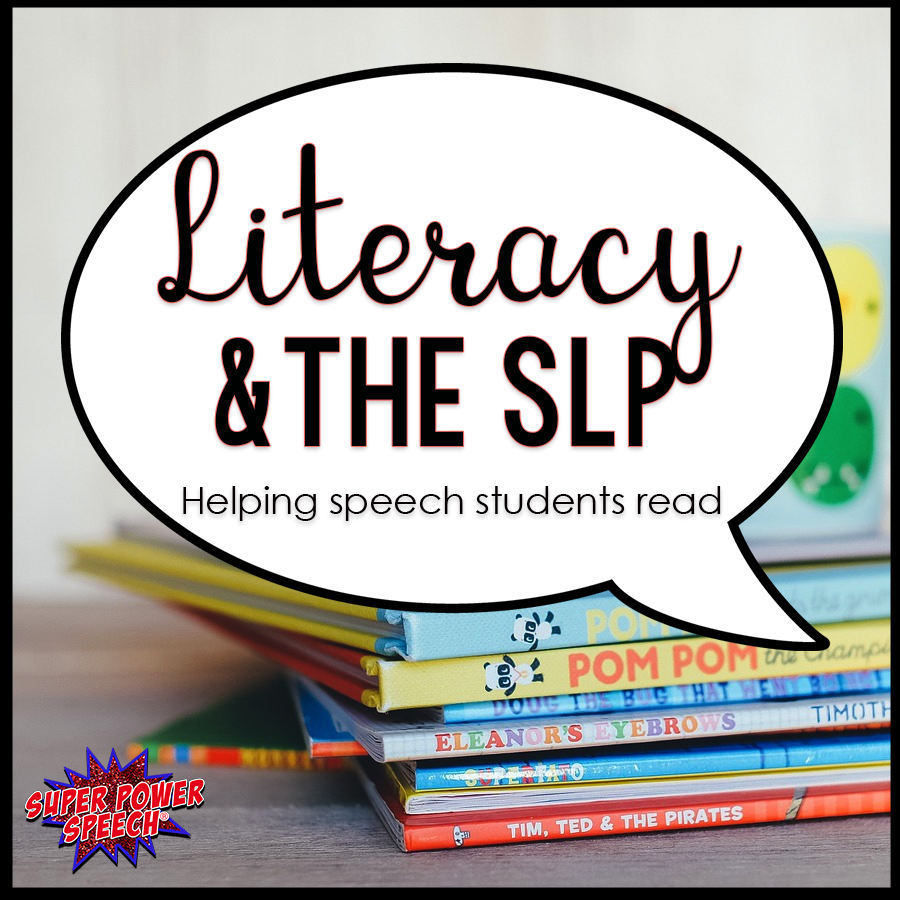
At a recent IEP meeting, a parent told me how her daughter loves to play school at home. She practices “reading” books to her stuffed animals and siblings. This student both has poor articulation and reading skills, so I found it touching how much she loves school in spite of her daily challenges. I wanted to come up with a way to help this young lady practice both her speech sounds and her reading skills at the same time.
Speech pathologists can play a big role in helping students learn to read. They provide the early language and meta-cognitive skills which are crucial prerequisites to literacy. In addition, the SLPs’ intimate knowledge of phonemic awareness is crucial for early elementary students. Although they only see the students one or two times per week, SLPs teach articulation students, in particular, the alphabetic principle that letters and sounds are correlated.
ASHA states that speech pathologists have multiple roles in literacy development. Here is what they look like in my setting:
- Prevention: Informing parents and staff about age-appropriate language and articulation skills.
- Identifying at-risk students: Being part of a student intervention team and reviewing reading data for all of my students at their IEPs.
- Assessing: Assessing children with appropriate tools to examine language, articulation, phonemic awareness and other skills.
- Providing intervention: Providing phonemic practice within articulation intervention.
- Documenting outcomes: Taking data on all of my students.
- Program development: Developing new ideas and plans for working with students.
- Advocating: Advocating for extra support for students when I see red flags.
- Advancing the knowledge base: Continuing to educate staff about reading and speech therapy.
Working on early reading skills with language students:
I focus on reading skills with my language students when I practice early language skills and grammar. All of my visuals, including my communication boards and folders, have print to represent the words and emphasize print skills. I write words on my white boards, even when the students cannot read them and refer to them frequently throughout the session. I also provide “I will…” goal cards for students that include both text and picture and talk about them each speech session.
Working on early reading skills with articulation students:
My articulation students receive many of the same literacy practices that my language students receive. in many of the same ways. I go over the “I will…” goal cards at the beginning of each session. I write key words on my white board and point to those words when I say them. In addition, for my articulation students, I over-emphasize the targeted phonemes and present the alphabetic representation of that phoneme in every way possible. I write the letter on the white board, reference it on the wall, highlight it on worksheet pages, show it on posters, refer to it in my communication books. My articulation students quickly start making the connections between their speech sound and the alphabet letter that goes with it.
My recent goal was to extend this practice to reading more than just the targeted speech words. I wanted to create easy readers that Kindergarten level students, such as the one described above, could read at home for both reading and speech practice. I looked at sounds that are typically targeted for five and six-year-olds and started creating easy reader books that focused on these sounds. I had strict criteria for the words in the book. The words needed to be easy to sound out, obvious from the picture, or part of Fry’s common sight word list. I wanted to develop multiple books per sound so that students could practice a new book each week. And I wanted the books to be fun and interactive!
Eventually, Easy Readers for Articulation were created!
Do you want to make an impact both on children’s articulation AND reading skills? Do you cringe sending home articulation words that are unreadable to a young student? Then, Easy Readers for Articulation are perfect for you! These fun coloring books were designed to cover the common articulation error sounds for five and six-year-olds.
There are seven targeted articulation sounds, and five books for each sound, for a total of 35 books! Each book is six “pages” (3 full pages cut in half) long and contains five phrases, with at least two target sounds per phrase. Each book reading will produce at least ten target sounds. These books are great for reading in speech therapy, as well as coloring while other students practice their sounds. They are perfect for the classroom– teachers love to see their students reading! Plus, they work well as homework! If the child reads the book five times, they’ve just practiced their sound 50 times!
Sounds covered include initial: /k, d, f, g, l, s, sh/.
Each Easy Reader includes:
- Contains the targeted sound at least twice per page.
- Uses repetitive lines to enhance reading skills.
- Features a model of the tongue/lip placement for correct articulation
The words in the books were carefully chosen to meet one or all of the following criteria:
- Words are phonetic and easy to read (such as CVC).
- They are high-frequency words found Fry’s Sight Word list.
- Clear pictures help the reader to comprehend the text.
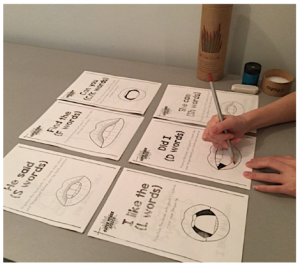
How fun are these!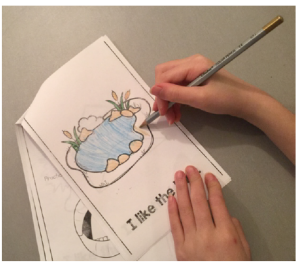
Check out the video demonstration here:
You can grab your Easy Readers for Articulation in my store by clicking here or on the image below!
Comment below and tell me: What are your tricks for helping speech students learn reading skills?
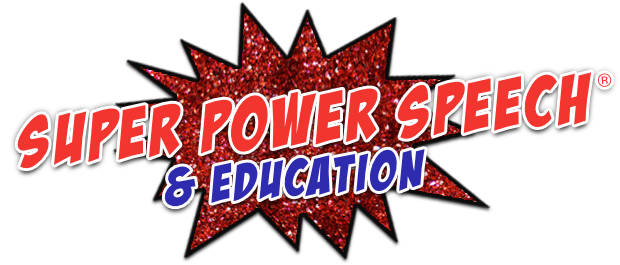
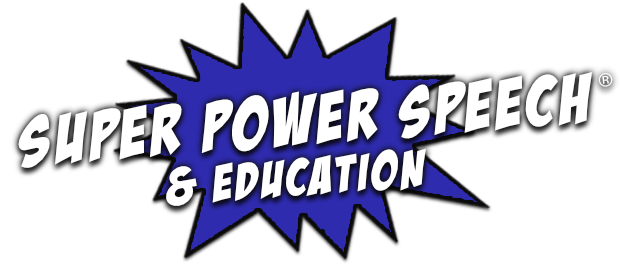
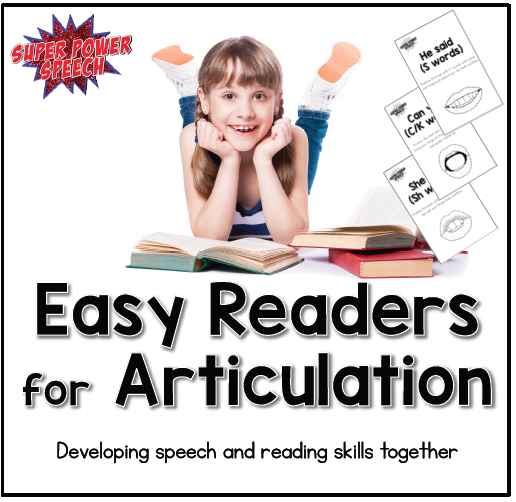

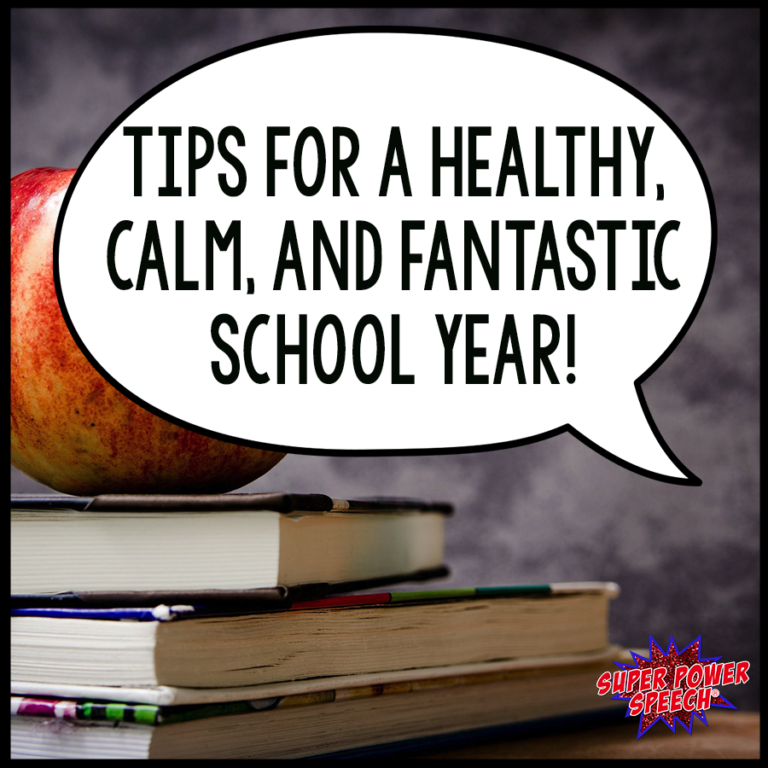
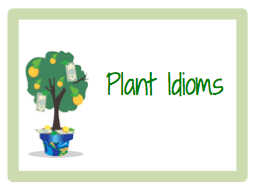



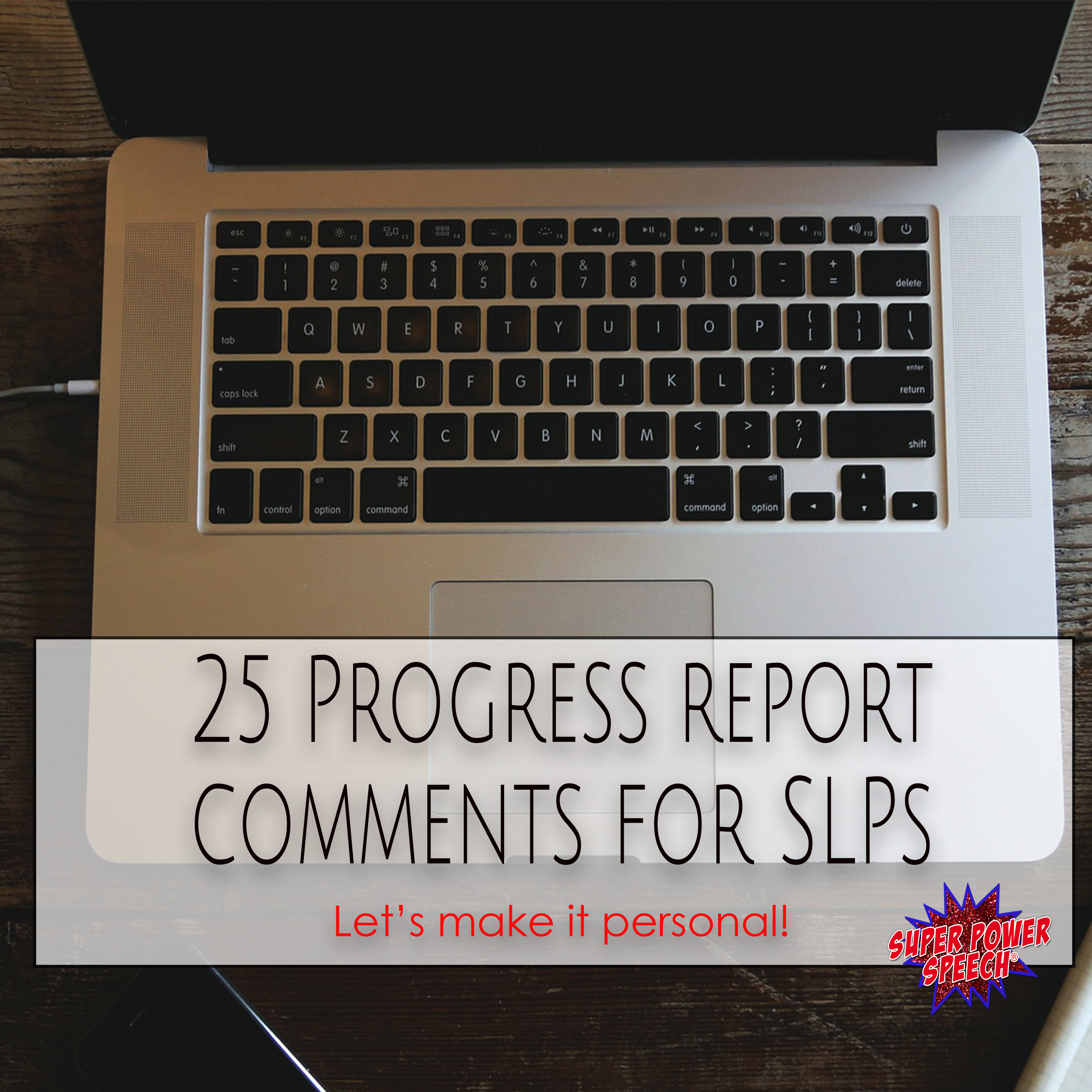
Learning and fun together help kids a lot in their academic development. Nice video I will prepare this with different letters. thanks